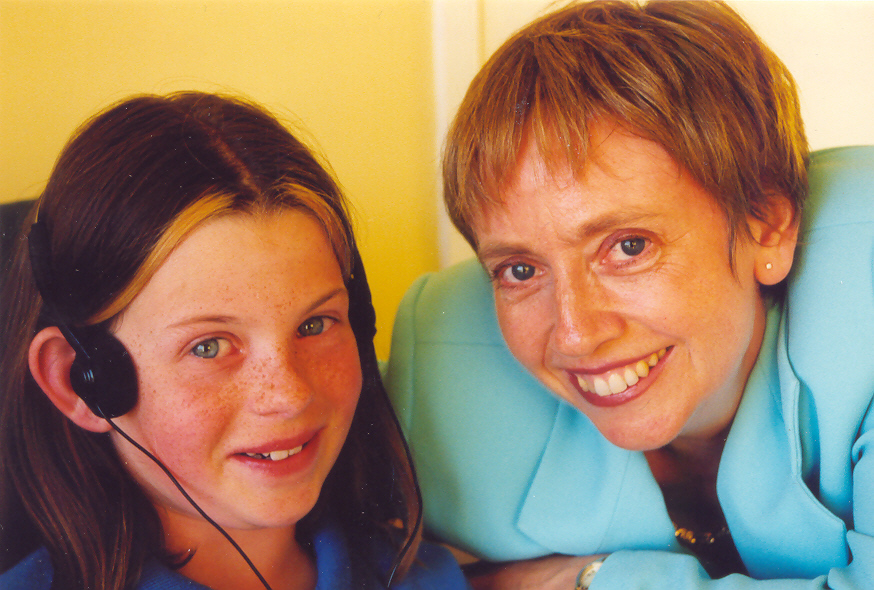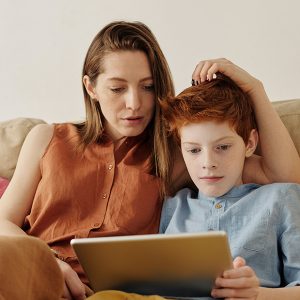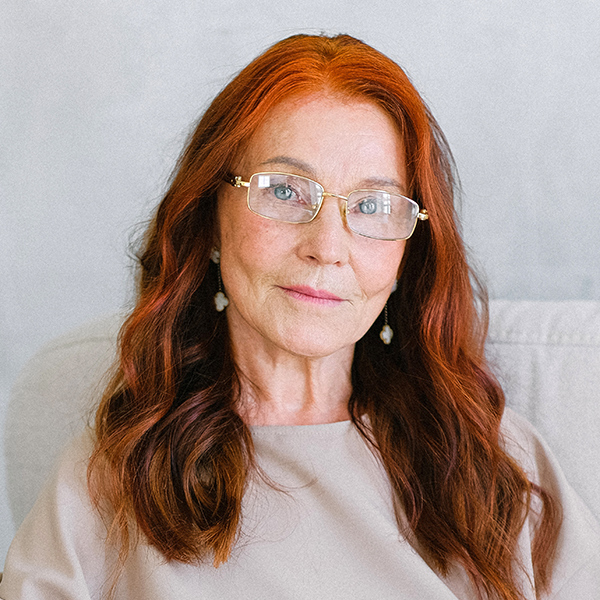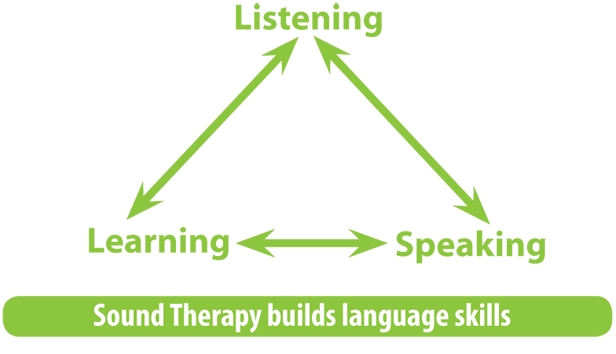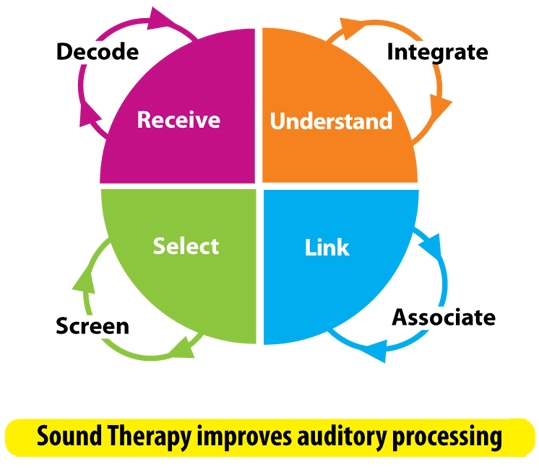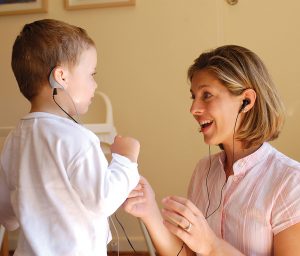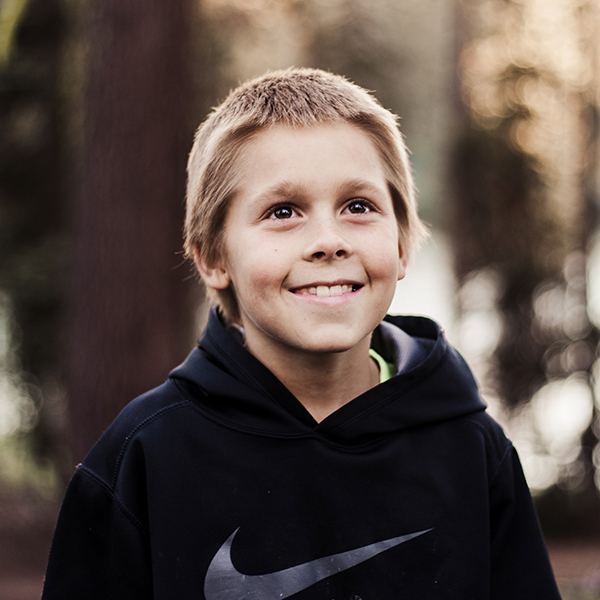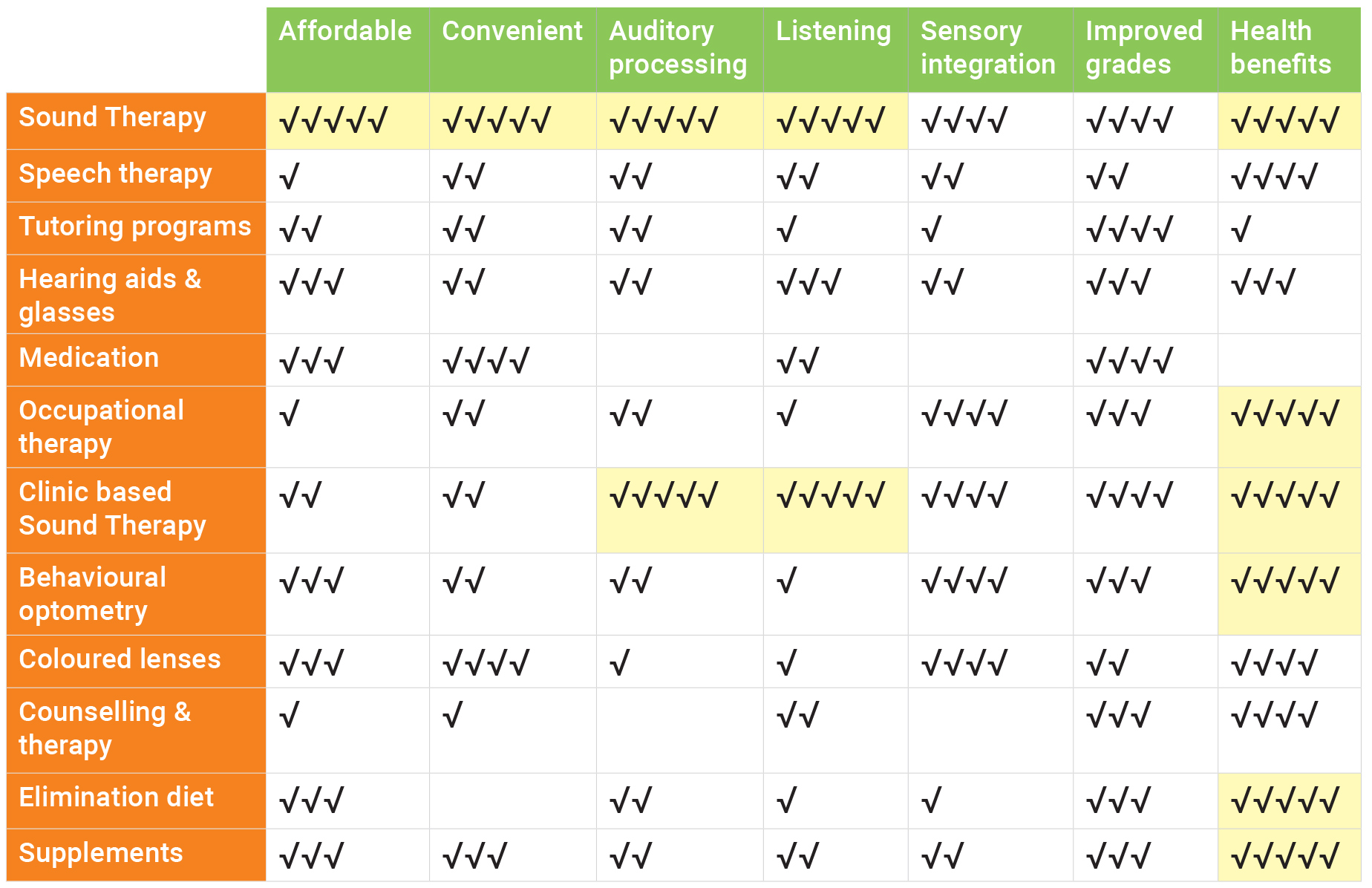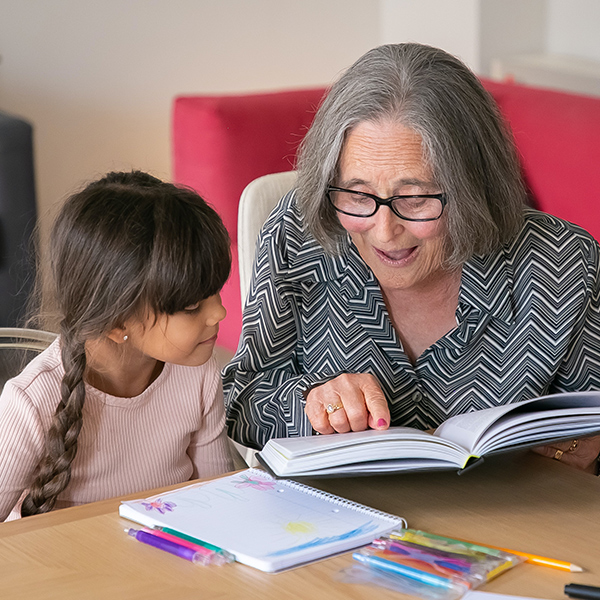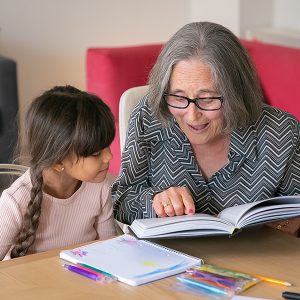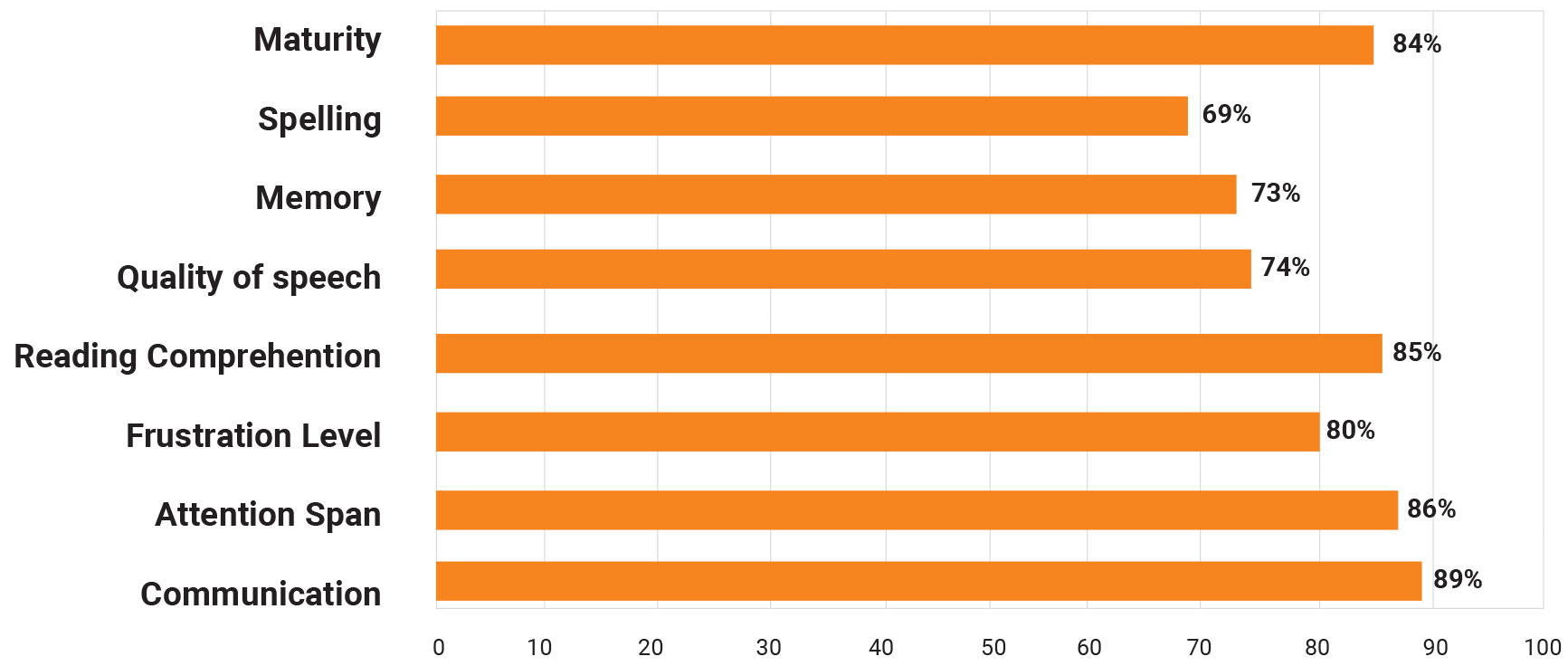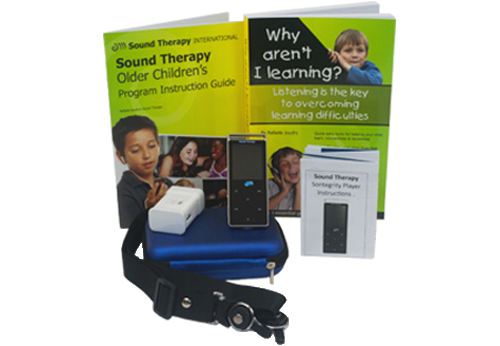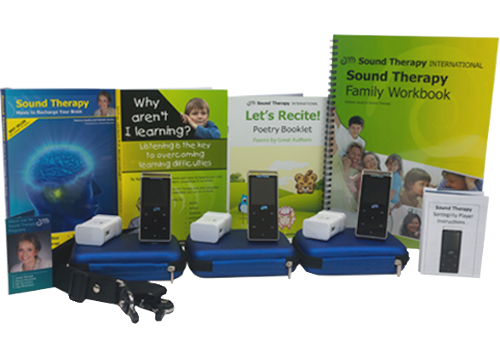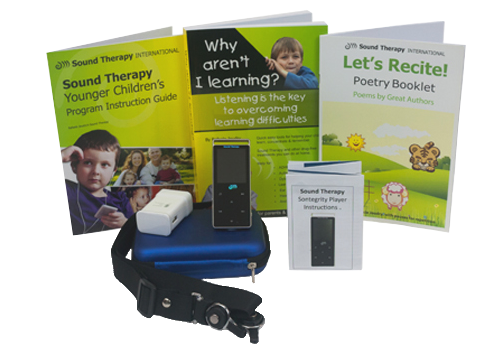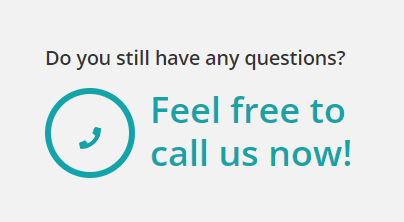Sound Therapy for Children and Families: Your Questions Answered
Parents naturally want to provide their children with every opportunity in life, and a child with learning difficulties or developmental problems is one of the most difficult concerns a parent can face. Children who are performing well and developing normally will also benefit from the advantage of a simple tool that can enhance their learning potential.
In this report, Rafaele Joudry, founder and director of Sound Therapy International, answers the top 11 questions we frequently receive from concerned parents. We hope this information will give you the confidence you need to get your children started with this unique, powerful and effective program, that over the years has benefited thousands of children and families around the world.
11 Frequently Asked Questions from concerned parents
1. Will I find time to use it?
2. If it’s so good, why hasn’t the teacher told me about it?
3. Does my child need Sound Therapy?
4. Why does Sound Therapy work?
5. How can I get my child to listen?
7. How long and how often will we need to use it?
8. How does Sound Therapy compare to other treatments?
9. Which program is right for my child?
10. Have other families used Sound Therapy for the same condition?

